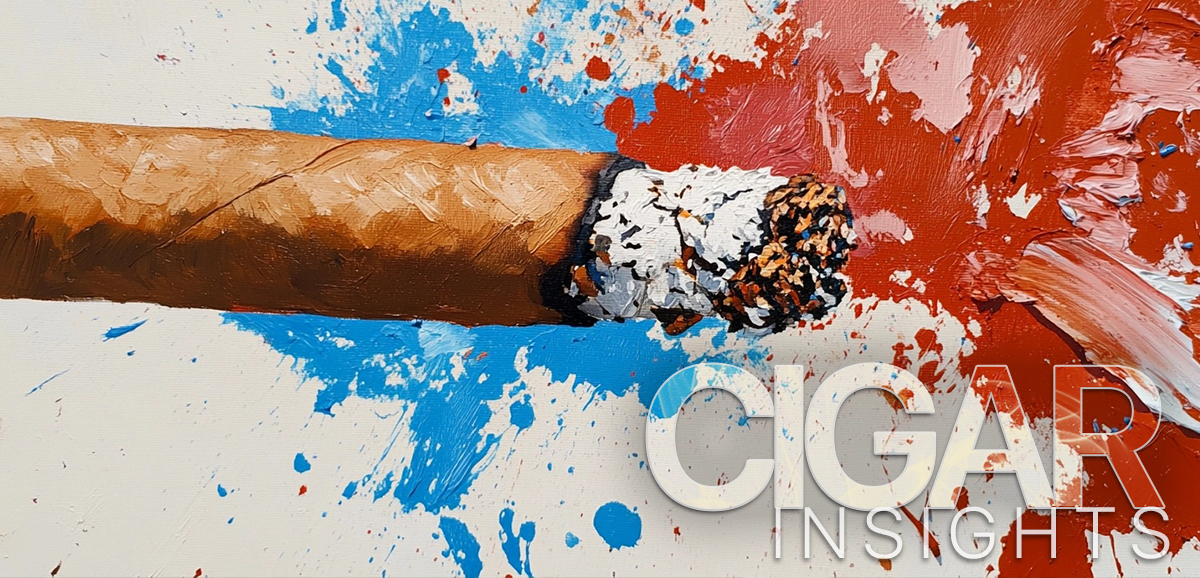
In the world of cigars, time is a friend. Much like a fine wine or a barrel-aged whiskey, a cigar can transform over the years, deepening in flavor, mellowing out harshness, and developing a refined complexity that only patience can unveil. For those new to aging cigars, or seasoned smokers seeking to get the most out of their humidor, understanding this process can enhance every puff.
The Science Behind Cigar Aging
At its essence, aging is a natural transformation where a cigar’s flavors and characteristics evolve. The fermentation process, which begins during production, continues at a slow rate, breaking down complex compounds into subtler, more harmonious flavors. Oxidation smooths out rough edges, making for a refined smoking experience, while esterification—the formation of fragrant, fruity, and floral notes—adds an extra layer of sophistication to the cigar’s profile. With each passing month or year, cigars gain an intricate depth that elevates the whole experience.
Benefits of Aging Cigars
Aging cigars can lead to many benefits that can be enjoyed once you light up:
Smoothness: Any harshness you may detect when cigars are first purchased mellows out with time, creating a smoke that’s soft and balanced.
Flavor Complexity: Subtle notes grow more pronounced, creating a nuanced, layered profile that reveals more with each puff.
Improved Burn and Draw: Cigars aged in the right conditions tend to burn more evenly and draw more smoothly, adding to the pleasure of the smoke.
Optimal Conditions for Aging
Aging requires a commitment to consistency. Here are the best conditions for storing cigars to achieve their potential over time:
Humidity: A steady 70% relative humidity helps maintain the right moisture balance in the leaves, which is essential for flavor preservation and smooth combustion.
Temperature: Stable temperatures between 65°F and 70°F (18°C to 21°C) prevent the tobacco from drying out or aging too quickly, which can lead to unwanted flavors.
Storage: A quality humidor lined with Spanish cedar not only helps regulate humidity but also imparts subtle, complementary notes into the cigar, enriching its character.
How Long Should You Age Cigars?
The ideal aging period depends on personal preference and the type of cigar:
Short-Term Aging (6 months to 1 year): This initial phase allows flavors to meld and smooths out minor roughness, creating a more enjoyable smoke.
Medium-Term Aging (1 to 5 years): Over these years, cigars develop deeper complexity and character, with flavors becoming more defined.
Long-Term Aging (5+ years): While long aging can yield a highly refined smoke, some cigars may lose a bit of strength and brightness. The payoff, however, is a sophisticated, mellow profile that only time can create.
Tips for Aging Cigars
Choose Premium Quality: Not all cigars benefit from aging. Higher-quality cigars made with robust tobaccos are ideal candidates for aging, while more delicate varieties may fade over time.
Monitor Consistently: Ensure your humidor maintains a stable environment by checking humidity and temperature regularly.
Practice Patience: The rewards of aging are worth the wait. Resist the urge to smoke your cigars prematurely—mature flavors and a smooth draw are the best rewards.
Mastering the art of cigar aging can transform a good smoke into an extraordinary one. The changes in flavor, smoothness, and complexity that come with time create an elevated experience, making each draw a taste of refinement. Embrace the journey, experiment with aging, and discover the rewards of a well-kept humidor—one cigar at a time.





